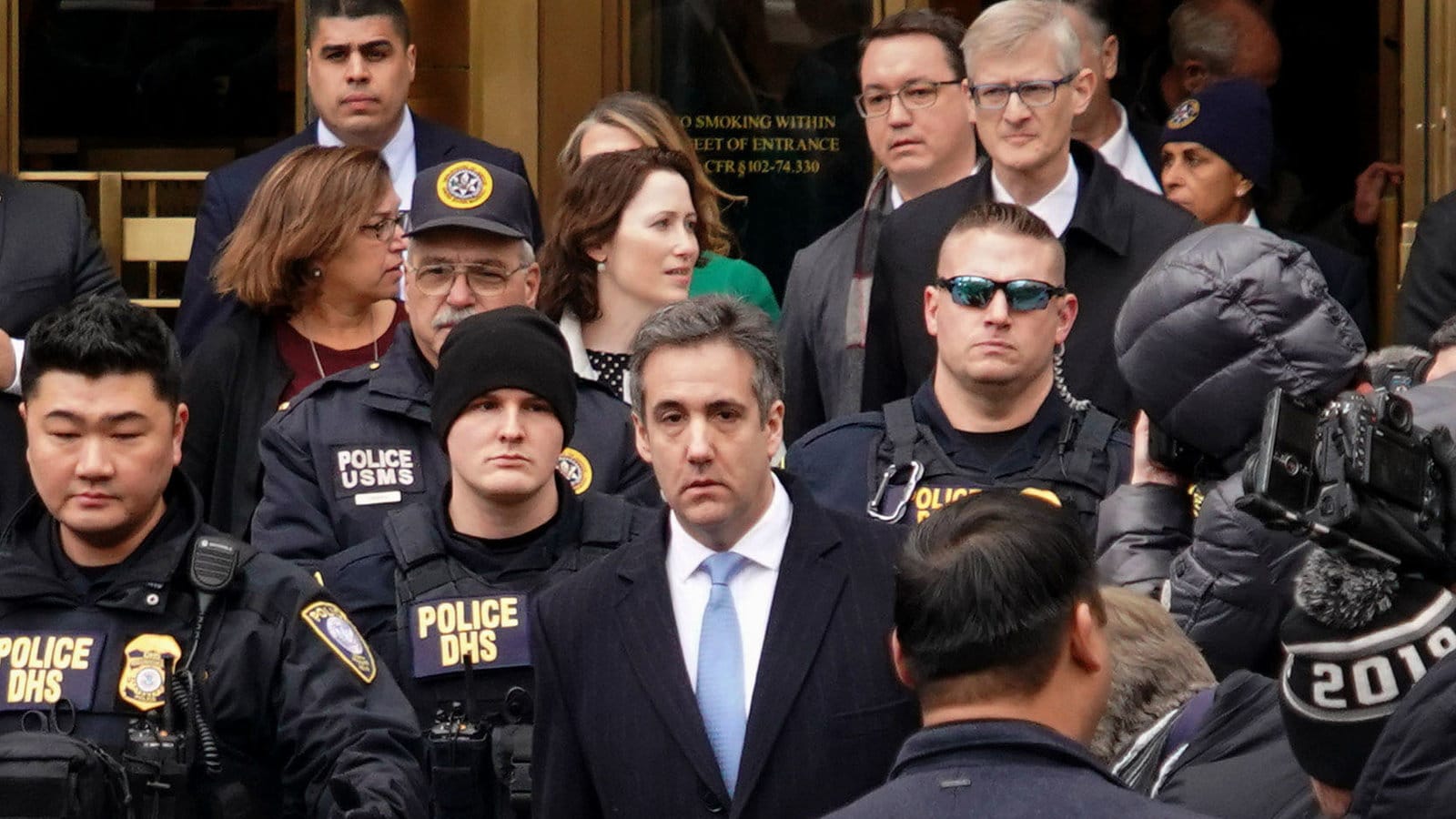In a recent address, Georgian Prime Minister Irakli Garibashvili declared that the attempt to spark a pro-European revolution in the country has ultimately failed, as protests persist in major cities. The unrest, which began in response to the government’s perceived slow progress towards European Union integration, has drawn thousands to the streets, demanding more decisive action towards EU membership.
Garibashvili’s remarks come as tensions rise following a series of protests that erupted after the government announced plans to delay key reforms necessary for EU accession. Demonstrators argue that the government is not doing enough to align with European standards, particularly in areas such as judicial independence, anti-corruption measures, and human rights.
“The attempt to create a so-called revolution has not succeeded, and we will not allow any destabilization in our country,” Garibashvili stated during a press conference. He emphasized the importance of stability and dialogue, asserting that the government remains committed to its European aspirations, albeit at a measured pace.
Protesters, however, remain unconvinced. Many are frustrated with what they perceive as a lack of urgency from the government to pursue EU integration. “We are tired of waiting. We want to see real changes, not just words,” said one protester, highlighting a sentiment echoed by many in the crowd.
The protests have seen a diverse coalition of citizens, including students, civil society activists, and opposition political groups, all united in their demand for a faster and more transparent path to EU membership. The opposition has accused the government of dragging its feet on reforms, which they argue are essential for meeting the EU’s Copenhagen criteria for membership.
International observers have also weighed in on the situation, with some expressing concern over the potential for increased polarization within Georgian society. The European Union has reiterated its support for Georgia’s aspirations but has also called for concrete steps to be taken by the government.
As protests continue, the government faces mounting pressure to respond to the demands of its citizens while navigating the complex political landscape that includes both pro-European sentiments and a lingering influence from Russia, which opposes Georgia’s EU integration.
In summary, while Prime Minister Garibashvili has declared the pro-EU revolution attempt a failure, the ongoing protests suggest that the public’s desire for a stronger commitment to European integration remains strong. The coming weeks will be critical as the government seeks to address the concerns of its citizens while maintaining stability in the region.



